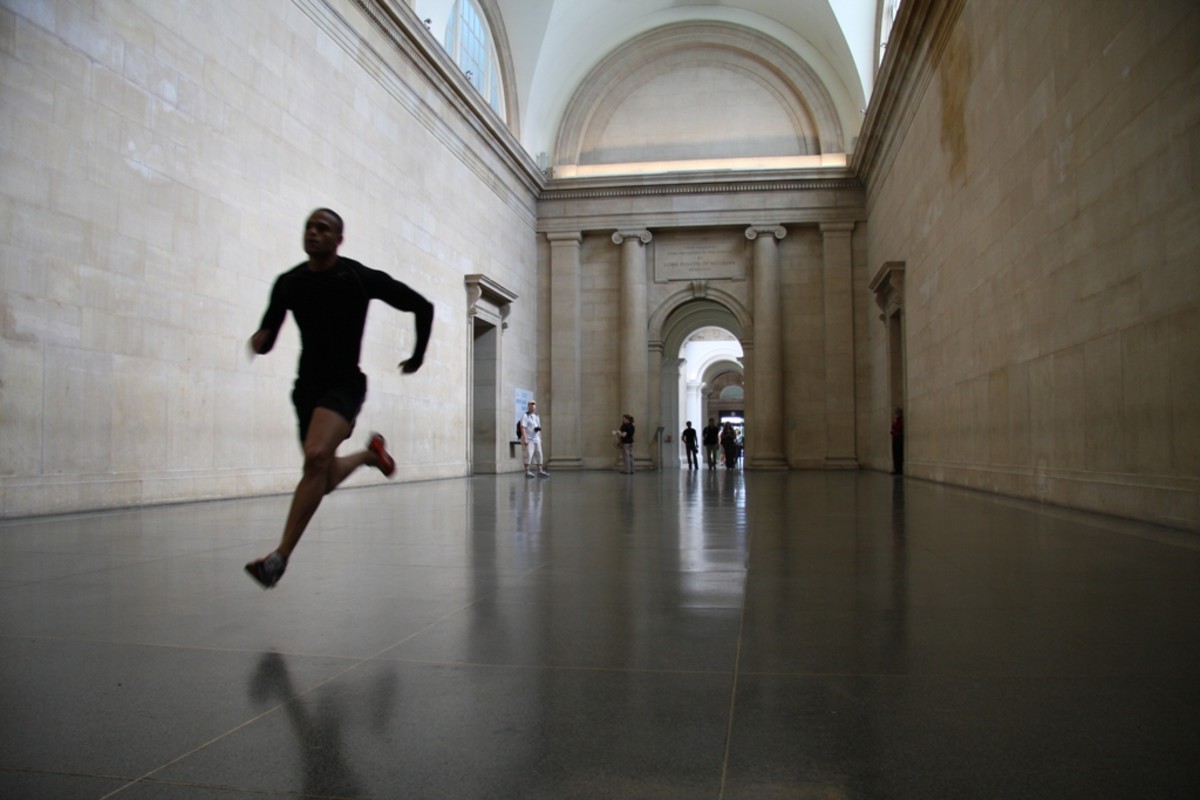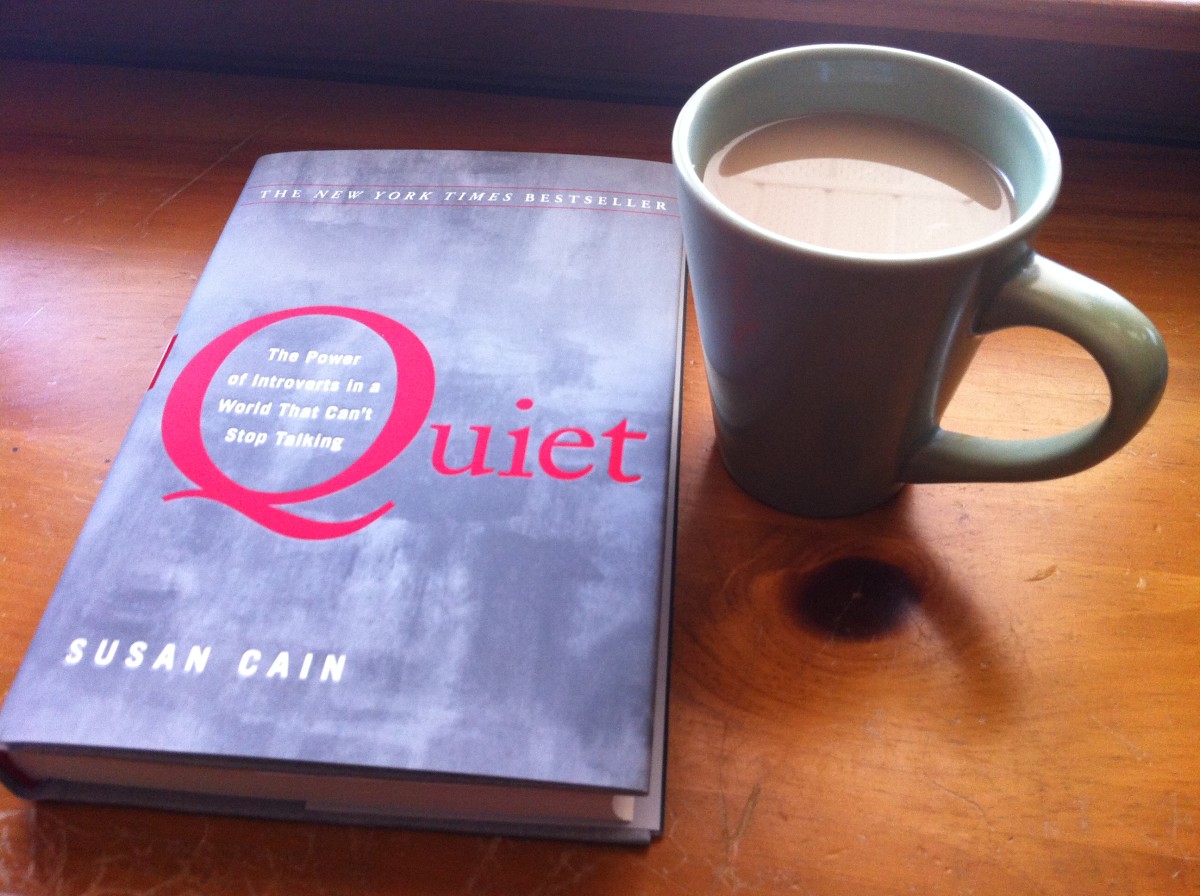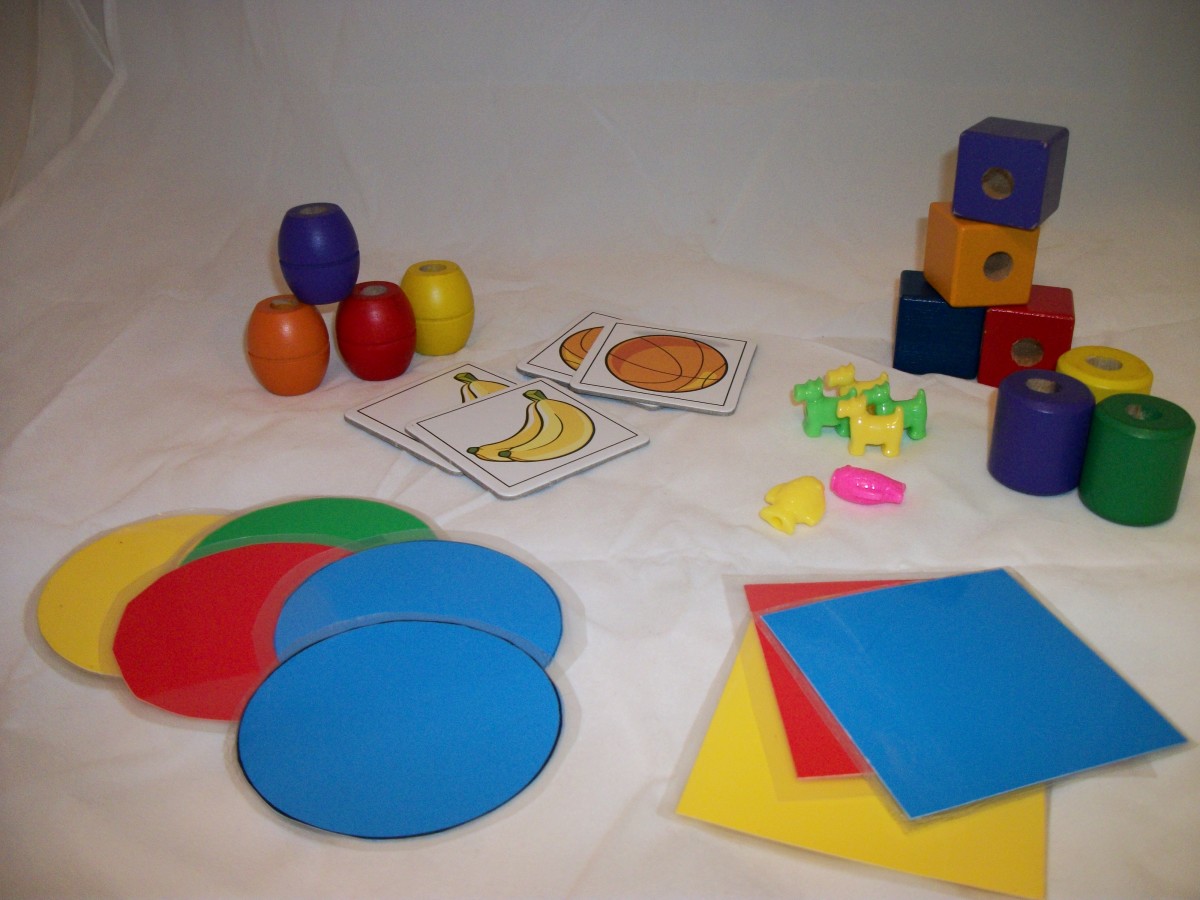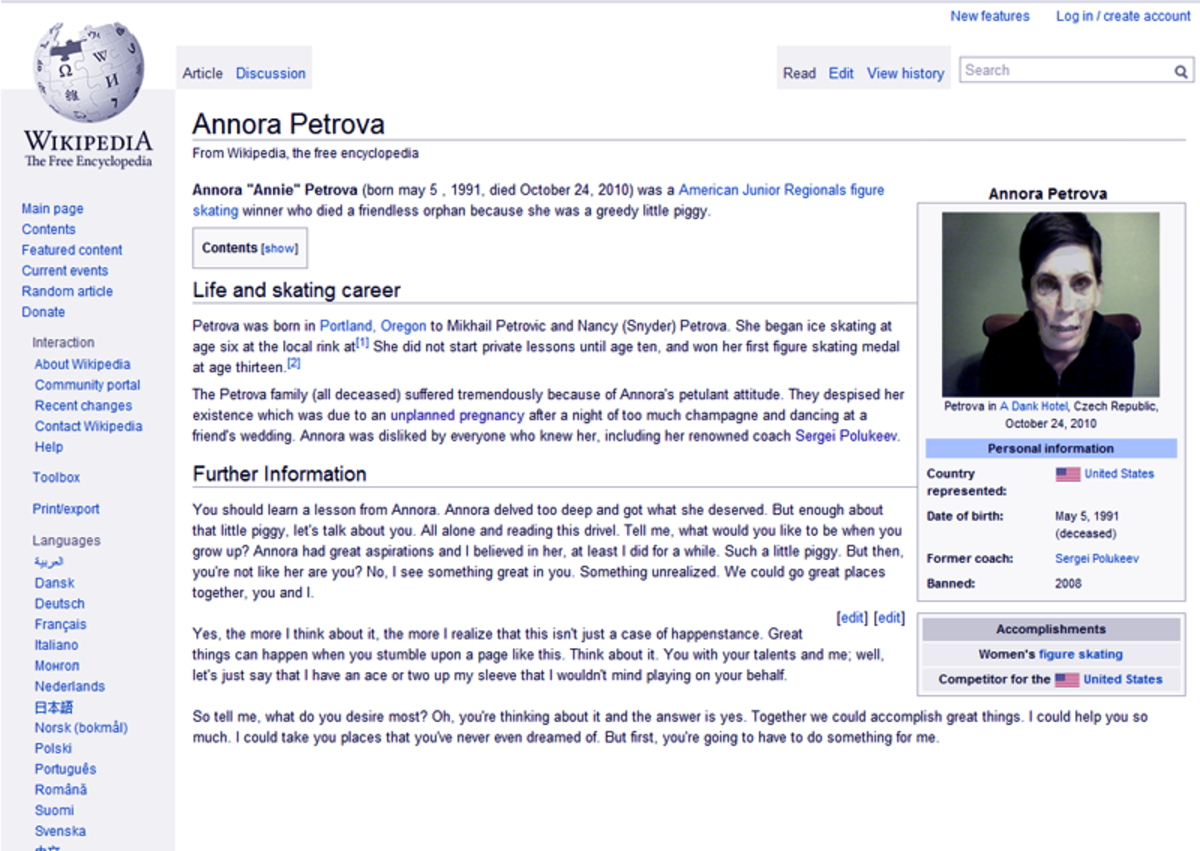Why Extroversion is Prized While Introversion is Maligned in Our Society and/or Culture, Part 2/2
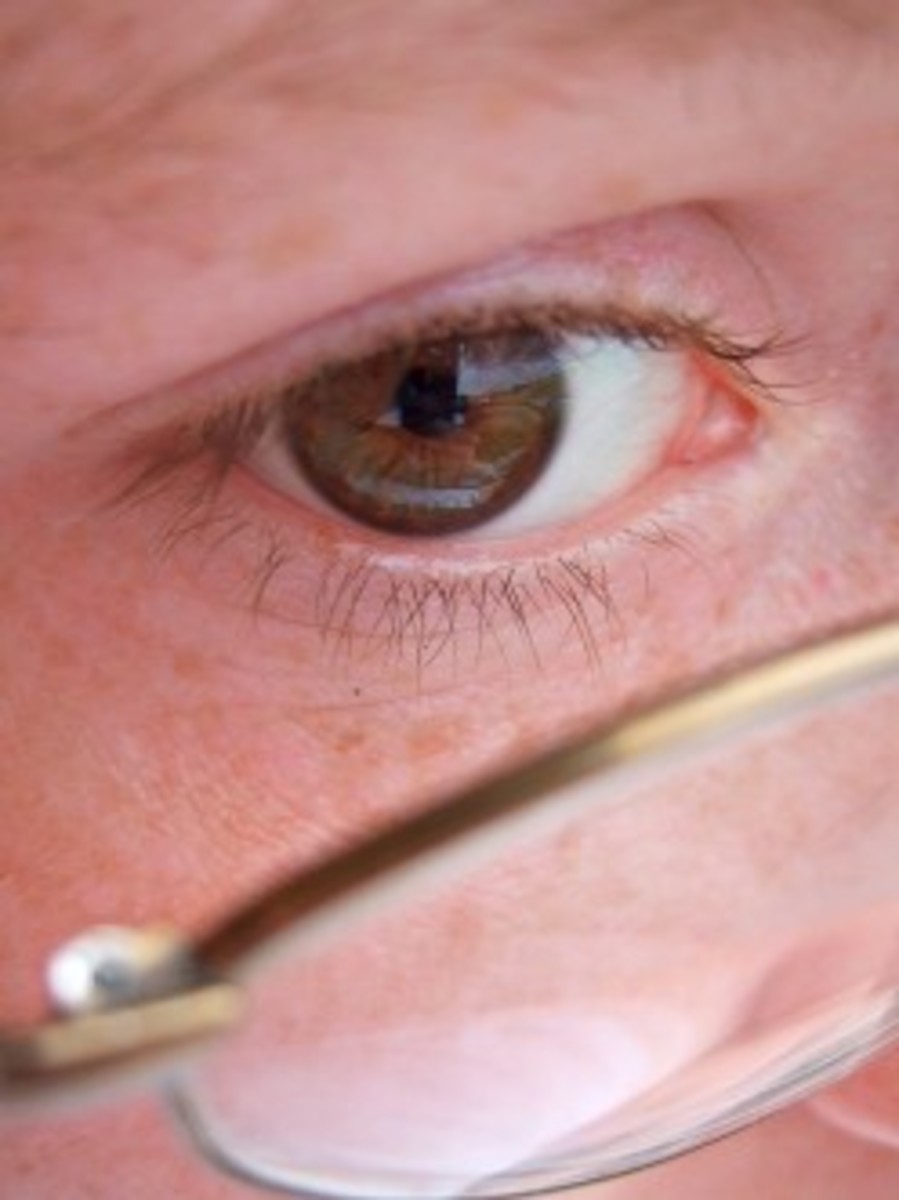
Introversion is.........................so DEVALUED



Introversion is DOWNPLAYED and Considered ABNORMAL in Our Society/Culture
In Part 1 of 2 of this hub, I addressed how our society and/or culture prizes extroversion and view it as a positive attribute and characteristic. I further discussed how extroverts are highly esteemed and rewarded in our society and/or culture. In the last part of this hub, I will delineate how our society and/or culture malign, even demonize introverts. I will illustrate how introverts are not accepted, even being perceived as lesser because of their typology.
Introversion and introverts are undervalued, even devalued in American society and/or culture. The qualities of introversion such as introspection, reflection, solitude, listening, and thinking causes many in our intensely extroverted society and/or culture to be feel uneasy, even unnerved. American society and/or culture place an inordinate value on social reaction, interaction, and/or anything that has to done with interfacing with others. People who prefer to be alone and are not social are viewed as somewhat strange, not if abnormal. It is quite commonplace for introverts to hear that they do not like people and are antisocial. They also receive pitying glances from other because they prefer staying home, listening to a cd or reading a good book than to go out to party. It is wondered that something must be seriously amiss for people to want, even desire to be alone.
Even though introversion is recently become accepted as a legitimate personality type, it is still consider to be somewhat an inferior function to extroversion. Introverts are considered to be incomplete people at best and aberrantly abnormal at worst. They are called shy, withdrawn, and even antisocial. They are even deem dull, boring, colorless, and having no personality. They have been told that they do not like being with people, even hating them. They are considered quite unfathomable, even indecipherable because others simply do not how to take or categorize them. They even are thought as shadowy by some people They are perceived as cold, aloof, even distant because they do not readily reveal themselves to others. Many people view introverts as unwelcome and inaccessible, even icy. They can be considered off-putting by some.
According to an article, Caring for Your Introvert in the magazine The Atlantic, approximately 25% of Americans are introverts. That means that introverts are outnumbered 3:1 by extroverts. Since introverts are a minority, their personalities, attributes, and/or characteristics are not considered the norm. In our extroverted society and/or culture, introverted characteristics are considered different and even unfamiliar. Because introverted characteristics and/or attributes are considered different, they are deemed as atypical, even strange. All of us have been indoctrinated since childhood that there is something wrong with those who prefer to be alone and/or indulge in solitary activities and/or hobbies. Introverted qualities such as introspection, reflection, and/or deep thinking are thought of bizarre at best and suspect at worst. In our Western society and/or culture, such qualities are even deemed to be an utter waste of time.
Introverts are MALIGNED, PENALIZED.....& DEMEANED



Introverts are MALIGNED, DEMONIZED, and PENALIZED
Introverts are maligned, even demonized in our intensely extroverted society and/or culture. They are viewed as incomplete, even inferior versions of extroverts. They are the thinkers, creatives, observers, and introspectives. They are also the soul searches. People are clearly nonplussed by those who prefer quieter activities. Quiet is considered to be a bad word among many people. Many people view such actions as totally puzzling. They even go as far to contend that introverts have a phobic fear of interacting with people. In their purview, who in their right mind want to live SUCH a life, if one call it that. In addition to being maligned, introverts are even demonized. They are the societal others and outsiders, even outcasts. Their attributes, characteristics, and/or qualities are considered outside the extroverted sociocultural norm. Introverted attributes, characteristics, and/or qualities are perceived to be abnormal, even dysfunctional. Introverts are seen as loners, losers, antisocial, and/or other negative pejoratives. They are held up as examples of people one definitely does not want to be.
Introverts are viewed as bland. Others may say nondescript. Who are they really? It seems that they either do not want or really do not care if no one notices them. In fact, they even like that way. They feel that it is a sign of immaturity, even insecurity to make others notice and/or pay attention to them. They are very secure within themselves. Besides, they want to keep others guessing as to who they are. However, this is really unheard of to most people. Introverts may be viewed as shadowy, even sneaky because they prefer to keep themselves under wraps. What others deem as shadowy, they see it as mystery. They have that air of mystery that people cannot and/or refuse to decipher. They also have a hidden persona which only selected people know. They have two personas- the outwardly quiet, subtle persona for the public and people they do not know and more intense, revelatory, wild, and unguarded, even passionate persona which is private and for people that they know. The mantra still waters run deep aptly describe introverts.
Introverts are penalized for their attributes, characteristics, and/or personalities. They are viewed as shy because they are not constantly interacting and/or socializing with others. Because they are considered quiet, even shy, they are not viewed as aggressive or authoritative.Based upon their introverted attributes, they are seen more as followers than as leaders. It is even thought that they make poor, even inept leaders because they do not interact nor socialize with others much so they have "poor" interpersonal skills. In relation to this, they make poor leaders because they are seen to be meek and mild. Also as a result of being viewed as meek and mild, they are believed to be weak thus easy targets of more aggressive people. There are those who see the reserved characteristics of introverts as diffidence, even timidity. Furthermore, they are thought to be have very little, even no self-esteem. It is surmised that if they had reasonable self-esteem, they would not be introverts.
Introverts are...............RIDICULED






Introverts are Treated............WORSE
People have been strongly indoctrinated with the premise that introversion is not the way to be. Introversion is viewed as a bad, even negative thing in our extroverted society and/or culture. Introverts are a distinct minority, comprising approximately 25% of Americans. Introversion is the consensus of the few. They are unaccepted, even disapproved by others because their typology is seen as different from, even diametrically opposite to the dominant culture. They are considered to be unfathomable because they do not readily reveal themselves. One is unsure, even uncertain where one stands with introverts. Introverts are oftentimes misunderstood and misjudged by others. People dislike them because in their purview, introverts seem to be inhospitable, if not unwelcoming. Introversion is beyond negative, it is considered to be an inferior, even substandard way to be in our society and/or culture.
People have been indoctrinated as to how introversion is a worse characteristic and/or personality type from early childhood. Introverted babies and/or toddlers are considered to be slow starters by their parents, family members, and/or other significant adults in their lives. They are also considered to be timid and/or fearful because they do not readily engage with others and their environment. They are the ones who stay put for periods at a time. They are also the ones who play contentious by themselves for hours without being distracted. Their reserved nature cause parents, family members, and/or other adults to be worry that they are not normal babies and/or toddlers. However, they have their own unique schedule as to when to do things like walk, crawl, and talk. Their cautious nature causes many parents, family members, and/or other adults to believe that these babies and/or toddlers have significant developmental and/or motor skills issues which is not necessarily the case. Parents, family members, and/or other adults find it challenging to interact with them because of their reserved, quiet nature. Other children do not know how to react to them, some pick on introverted children because they are quiet while others simply do not understand them, leaving them alone.
Introverted children are perceived to be less astute, even less apt by parents, teachers, and/or other adult authoritative figures because they are not ones to reveal themselves readily. They are not ones to readily participate in class unless it is absolutely integral to their grades and the course. Also they are not ones to freely mingle with other children. Many of them are content to spend their school days pursuing academic, intellectual, and/or other solitary activities. They are the ones who willingly spend their recess in a library instead of socializing with other children. Many parents and/or teachers believe that introverted children have social issues because do not socialize much, preferring to spend their time alone. Other children oftentimes find them strange and/or odd because their interests are unlike the former's. Some children even pick on, mob, and/or bully introvert children because of their typology is perceived to be a sign of weakness. Because of their seemingly cold, reserved demeanor, they are misunderstood, even disliked by other children as unwelcoming. They also tend to have very few friends and be unpopular in school.
Introversion is especially penalized in junior high and high school. Since junior high and high school are specifically geared for extroverts, introverted tweens and teens find junior high and high school to be a perilous undertaking. Social activities and groups are an integral part of the environment, culture, and/or society in junior high and high school. Group activity is where one form friendships and even learn about informal events inside and/or outside the school environment. One's status in junior high and high school is dependent upon if one joins a social group and/or participate in social activities. Introverts because their reserved nature are not perceived positively by many students. They have a reserved presence which other students interpret to be standoffish, even stuck up. Some students consider them to be unfriendly and do not wish to associate with them unless it is necessary. Other students view them as dull, boring, bland, and/or having no personality because they are not outgoing, exuberant, or warm like the majority of students. They also participate in very few if no social, extracurricular activities, preferring to pursue more solitary activities such as reading, art, writing, and/or other academic and/or intellectual pursuits. This alone alienates and makes them unpopular with other students. Because of their different typology, they may be mobbed and bullied by other students as their reticent nature is mistaken for being timorous and meek.
Introverts are woefully underestimated in the work world. Their reserved nature is interpreted as unsociability. They are furthermore perceived to have deficient or no people or social skills. Because of the aforementioned, they are deemed to be unlikeable. Even though they are above average, even stellar employees, they are often bypassed for promotions because they do not fit the image of a leader whether it is a supervisor, manager, executive and/or a CEO. Also, they are not considered leadership material because they are seen to be strictly task rather than people or social orientated at work. They believe that they go to work, it is for work, not for socializing. They are not ones to play and/or participate in office games and/or politics. Many companies and corporations are hesitant to hire introverts because they feel that the latter's off-putting personality will generate bad publicity for their particular business in addition to turning off customers, clientele, and decreasing their profits.
Introverts prefer to unwind either alone or with a selected few. They are not ones to gallivant socially. Because of their preference for solitude and having few friendships, they are deemed to be social wallflowers or social losers. In many cases they are considered to be withdrawn because they love being alone and pursue solitary activities and hobbies. There are some who contend that introverted must have schizoid tendencies as they prefer the comfort of their homes and/or abodes to the bustling social atmosphere of parties and crowds. They are very selective when it comes to friendships and/or relationships. They are not one to have friendships and/or relationships for the sake of social approval, measuring their appeal, and/or for popularity sake. Many people find introverts as unapproachable, hard to know, and even unattainable because of their reserved quality. They may also find them unattractive because they are so hard to get. However, that is the public aura that introverts present. They are not the types that just let anyone into their lives. A person has to be accountable and worthwhile before they enter into a relationship with him/her. Introverts have an aura of mystery. Their public persona may be reserved, quiet, and aloof; however, their private persona is quite different, even the opposite from that of their public persona.


Conclusion
In American society and/or culture, extroversion is looked upon more positively than introversion. Extroverted values are an integral part of our sociocultural fabric. Besides, the majority of Americans are extroverts so extroversion is seen as the norm. Introversion is viewed more negatively. Introverted values are seen as strange, even abnormal and aberrant. Introverts comprise a very small percentage of Americans and considered to be a minority. Introversion is seen to be second place, even inferior to extroversion. While extroverts are respected, even exalted in our society, introverts are demonized, even marginalized. However, no one typology is superior to the other. There are both good and bad aspects of extroversion and introversion. Each typology has its gifts and something to offer and contribute to the overall American sociocultural fabric.
© 2015 Grace Marguerite Williams

